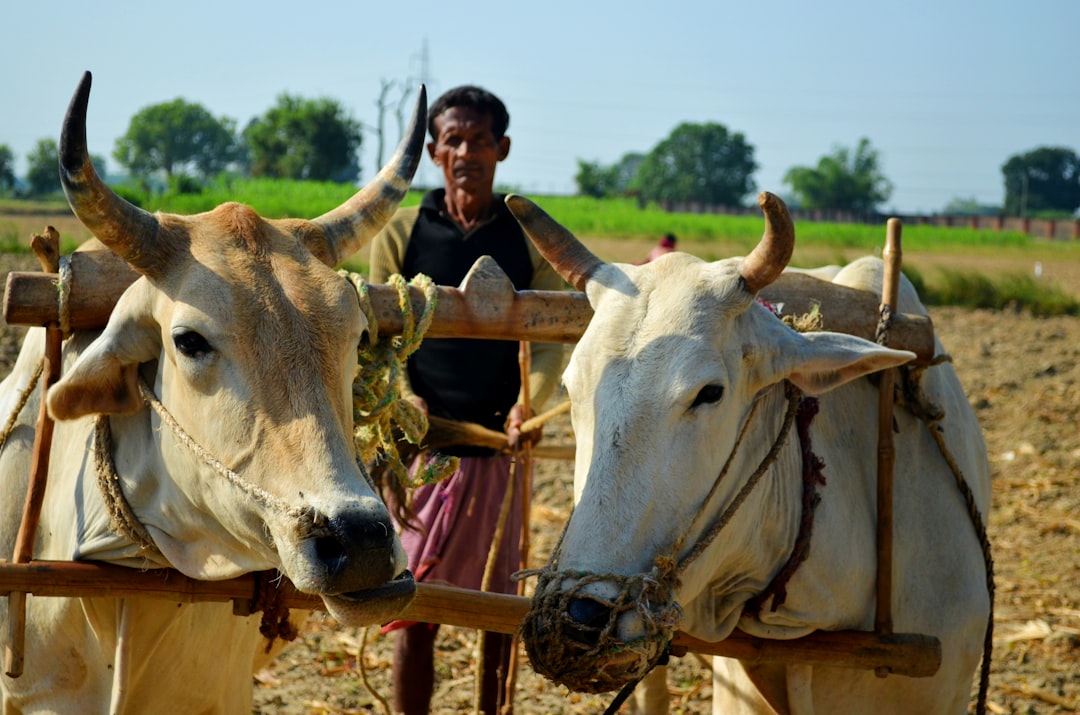What is it about?
This study sheds light on the relationship between women's socioeconomic status and their attitudes towards intimate partner violence (IPV) in Eswatini. Domestic violence refers to any form of abuse that occurs within a relationship, such as physical or emotional harm. Women with lower education levels, unmarried or single women, and those in disadvantaged communities were more likely to support domestic violence.
Featured Image

Photo by Sydney Sims on Unsplash
Why is it important?
By identifying factors associated with supportive attitudes towards IPV, such as educational attainment and community disadvantage, the study provides valuable insights for policymakers and intervention programs. Addressing these socioeconomic factors can help in developing effective strategies to reduce IPV and promote gender equality, ultimately contributing to the well-being and empowerment of women in Eswatini.
Perspectives
The study highlights the need to address education and socioeconomic disparities to reduce acceptance of domestic violence and promote gender equality in Eswatini.
Garikayi Chemhaka
University of Eswatini
Read the Original
This page is a summary of: Women’s socioeconomic status and attitudes toward intimate partner violence in Eswatini: A multilevel analysis, PLoS ONE, November 2023, PLOS,
DOI: 10.1371/journal.pone.0294160.
You can read the full text:
Contributors
The following have contributed to this page










